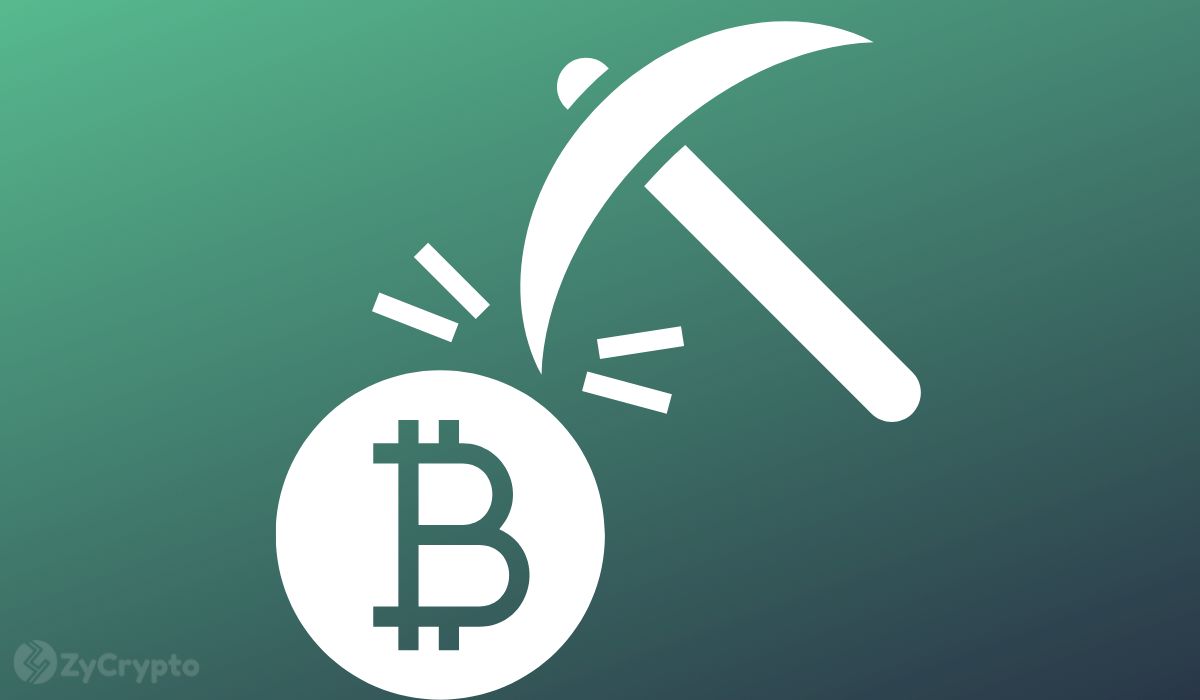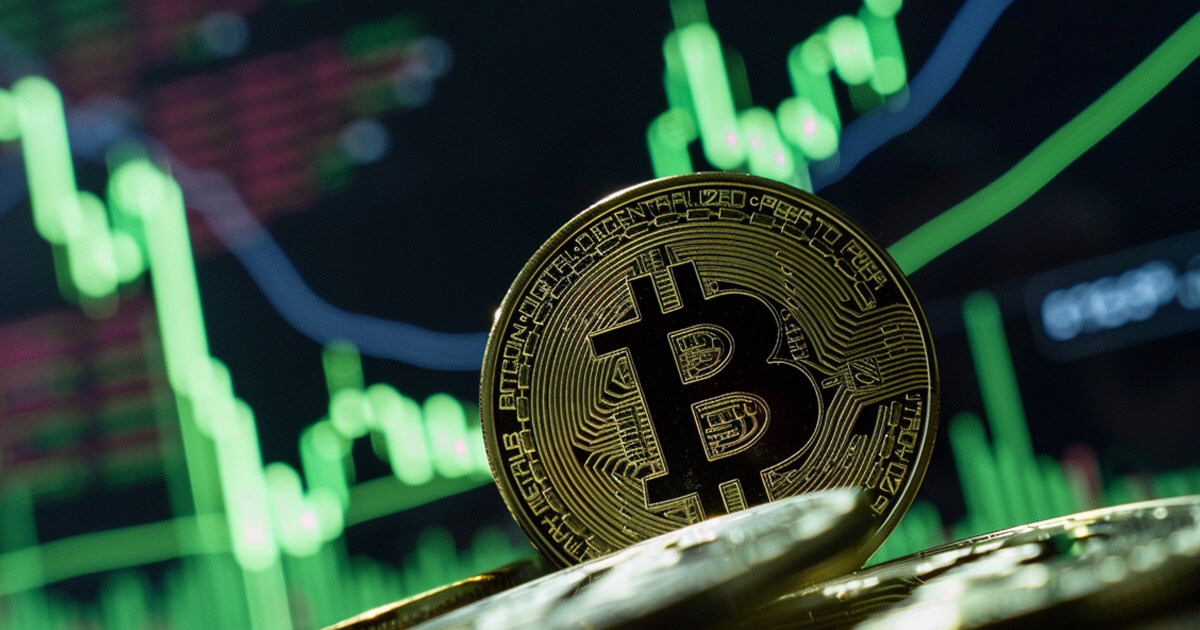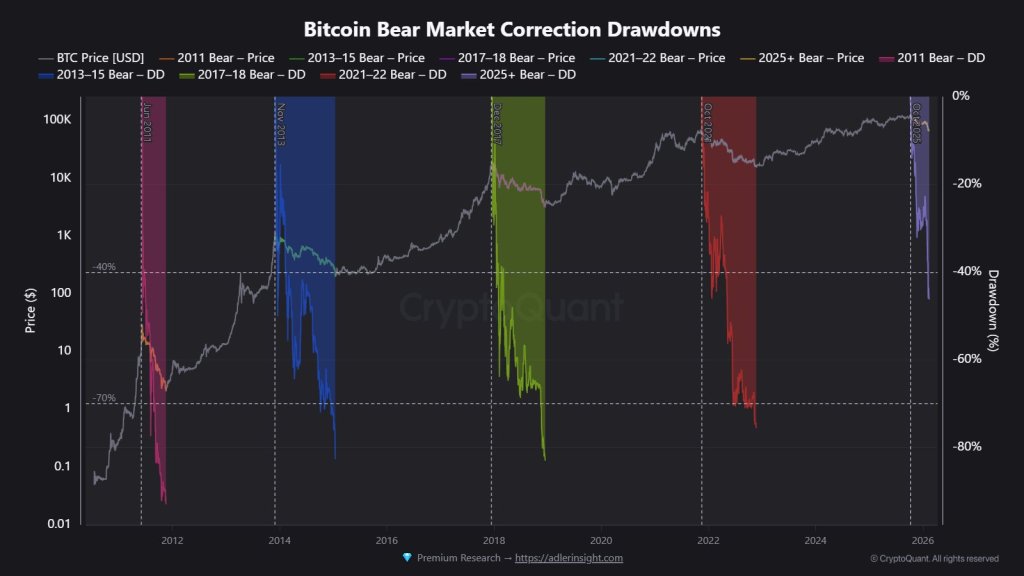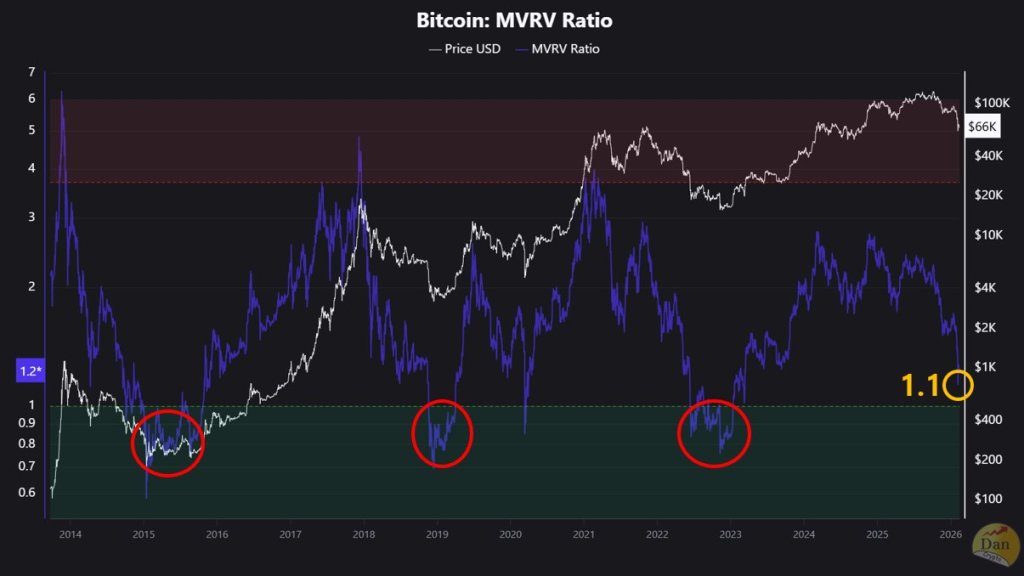2024-4-30 12:00 |
Recent findings from BitMEX Research have reignited concerns about the centralization of Bitcoin mining. Their study, which cites insights from Bitcoin analyst Alex Bergeron, points out that a single entity now controls the Coinbase outputs for approximately 47% of the network hashrate—a significant concentration that suggests a shift toward oligopolistic tendencies within the Bitcoin mining ecosystem.
Bergeron, who has previously addressed issues of centralization, highlights that this trend may be driven by mining pools altering their payout schemes to reduce variance. This adjustment makes such pools more attractive and competitively dominant. Bergeron’s observations are supported by data from @mononautical on Twitter, showing that prominent mining pools like AntPool, F2Pool, and Binance Pool have their Coinbase addresses managed by a single custodian.
A single custodian now controls the coinbase addresses of at least 9 pools, representing 47% of total hashrate.
As demonstrated by this consolidation of mining reward outputs from AntPool, F2Pool, Binance Pool, Braiins, btccom, SECPOOL and Poolin:https://t.co/IQpH2TgP6k https://t.co/w5Nk09Rawf pic.twitter.com/6RDHdm0ZjP
— mononaut (tx/acc) (@mononautical) April 9, 2024
Why The Bitcoin Mining Network Is In A Poor StateThe BitMEX Research team expanded on these insights by exploring the economic implications of this centralization. According to their report, “Only around $20 million of capital might be required to undertake such variance smoothing operations, a relatively small amount given the vast scale of the Bitcoin mining industry.” This finding suggests that the centralization issue might not stem primarily from economic incentives related to revenue variance.
To substantiate their findings, BitMEX Research constructed a model to simulate the operations of a large-scale Bitcoin mining pool with the intent of eliminating payout variance. The model, although simplified, uses basic probability and financial theories to forecast the outcomes of daily mining operations, assessing the sustainability of a reserve fund under varying levels of network hashrate participation.
“Our simulations show that with an initial reserve fund of 300 to 400 Bitcoins, a mining operation can remain economically viable over a year, even if adverse conditions prevail,” the study elaborates. The results indicate that while a larger pool with a significant share of the hashrate would require a larger fund to maintain operations, the overall capital needed is still within reasonable limits for major players in the industry.
Despite these financial insights, the implications of such centralized control are vast, touching on issues beyond mere economic mechanics. The control of nearly half of the network’s hashrate by one entity not only challenges the principle of decentralization that is central to Bitcoin’s ethos but also introduces significant risks related to network security, potential price manipulation, and the integrity of transaction verification processes.
The report provokes a critical discussion within the Bitcoin community, shifting focus from the technical feasibility of managing large-scale mining operations to the broader strategic and philosophical challenges posed by such centralization.
“This level of centralization can act as a double-edged sword. While it may contribute to economic efficiency and stability in mining operations, it also places an enormous amount of power in the hands of a few, potentially undermining the trust and decentralized nature that Bitcoin was built upon,” the BitMEX Research concludes.
The Community Needs To Act NowAs the debate unfolds, it becomes clear that the community needs to consider more than just the economic and operational implications. There is a growing call for structural reforms within the mining sector, aimed at preventing excessive centralization and ensuring the long-term health and integrity of the Bitcoin network.
Addressing these challenges requires a concerted effort from all stakeholders, including miners, developers, and regulatory bodies, to devise and implement mechanisms that maintain competitive fairness and uphold the decentralized foundation of Bitcoin.
“The Bitcoin mining network appears to be in a pretty poor and centralized shape, with a single entity custodying the Coinbase output funds for almost 50% of the global hashrate. […] It is clear that this is a real problem,” BitMEX Research concludes.
However, the firm also presents a silver lining:
The positive news is that the level of capital a pool operator needs to smooth out the impact of luck is not as large as some people might think, perhaps around $20 million to $40 million. Therefore while the issue is a problem, it may not be critical. It does not feel that this luck issue is therefore the only fundamental long term cause of this apparent monopolistic structure.
At press time, BTC traded at $62,889.
origin »Bitcoin price in Telegram @btc_price_every_hour
Bitcoin (BTC) íà Currencies.ru
|
|



















